RMB Jumps Over 1,000 Points on Accelerated US Capital Flight
Look, isn't the rapid appreciation of the RMB becoming more pronounced? The momentum of its continued strength is clearly evident. Since the Federal Reserve announced its interest rate cuts, the offshore RMB has surged over a thousand points. From the recent lows, the RMB has appreciated by 3000 points, breaking through 7 and approaching 6.
Along with today's performance in the A-shares, this week has seen a comprehensive rally in China's core assets, suggesting that the RMB exchange rate has reshaped the downward trend for the year! Behind this surge, it would be wise to delve deeper to accurately grasp the current situation.
What is happening with the RMB?
Looking at the timeline, since July of this year, the US dollar index has depreciated by 3.84%, while during the same period, the RMB has appreciated by 2.52%.
Thus, it has often been said that after the US rate cuts, both quality assets and the RMB were undervalued and had been mistakenly sold off by the market due to previous dollar rate hikes. Currently, we are at a point where institutions are significantly purchasing domestic assets.
On the contrary, the US seems to be on a path to weakening, and we should be cautious of the world's most formidable competitor.
Current data appears to indicate that life in the US is not as easy as it once was.
Recently, due to the US interest cuts, gold prices have soared, with even 45 states announcing plans to partially replace US dollars with gold or silver. This marks a global asset reshuffle, with significant changes expected in asset values over the next three years.
Those who once underestimated our country will surely face the consequences in the end.
No one can prosper by shorting their own nation. Remember, all wealth relies on the strength of the nation and the rise in asset prices, allowing everyone to profit.
So, does the significant rise of the RMB herald the arrival of a major shift in assets?
This will profoundly affect everyone holding RMB and the value of various assets priced in RMB, including the stock and real estate markets.
Meanwhile, across the Pacific in the US, people are falling into panic as gold prices rise once more. In September, the US consumer confidence index dropped by 6.9% month on month.
The appreciation of the RMB is still largely passive. What does passive appreciation mean?
The RMB's appreciation is related not only to the US but also closely tied to our exports. It is crucial to understand that we earn US dollars from exports, so the depreciation of the dollar leads to the appreciation of the RMB.
Thus, the recent events indicate that the dollar indeed appears to be wobbling, especially following rate cuts, with the market accelerating its sell-off of the dollar.
Companies and institutions, in light of the diminished appeal of the dollar, are eagerly searching for valuable assets worldwide, such as those in China.
A Wave of Rate Cuts Approaches
For those who previously kept their money in Hong Kong or Singapore, do you still think you can effortlessly achieve high returns this time? Many have been thinking too simply.
Because, if you store money, the Federal Reserve can guarantee you a risk-free 5% interest, which sounds good; however, as the market lowers rates and expectations for returns decline, it can be said that US banks will also face significant outflows.
With the Federal Reserve's interest rates cut to 4.5%, your earnings would decline to $45,000, directly costing you over $5,000 in interest income.
Moreover, once expectations for rate cuts form, they will inevitably continue to decline until they hit a critical threshold. Therefore, the future trend of assets flowing into China is an irreversible reality.
This is because the direction of capital flows is ultimately determined by expectations! Hence, many will surely transfer their principal and interest to other places in search of higher returns, and this is crucial. Friends, remember that the true determinants of capital flow direction are expectations, and you must grasp this well!
Why has the RMB been so strong recently? There are primarily two reasons.
First, major global economies have been slashing interest rates like crazy! The United States, as we know, has already begun its rate cuts on September 19; additionally, major countries like the European Union, the UK, Canada, and Sweden have recently joined the fray.
Consider this: when other countries are recklessly flooding the market with currency, the value of their money will naturally depreciate. Meanwhile, our RMB, as a representative of the world's largest productivity, certainly seizes this opportunity to rise robustly, reclaiming lost ground and soaring in exchange rate, reflecting the impact of the global environment.
Now, let's discuss the second reason: China has officially launched a financial counteroffensive. You might have heard about the events from yesterday, where in just one day, senior officials released five major favorable announcements.
Chinese Assets Are in the Spotlight
First came the interest rate cuts, followed by a reduction in reserve requirements, then a decrease in existing mortgage rates, a reduction in down payment ratios for second-hand housing, and finally, the central bank personally intervened with an injection of 800 billion to buy stocks.
This unprecedented combination immediately attracted global capital's attention, bringing renewed vitality even to the previously sluggish A-shares, with over 5,100 listed companies experiencing significant increases.
As we all know, China is the world's largest industrial power; the strength of our manufacturing capabilities surpasses that of the US, Germany, and Japan combined. Our formidable industrial prowess has resulted in annual trade surpluses, filling our coffers to the brim.
Chinese companies are making profits globally, but most of this money remains overseas.
Experts estimate that these funds tally around $2 trillion. If this money can return to the domestic market, it will inevitably bring about a wave of substantial investment, significantly alleviating the current predicament.

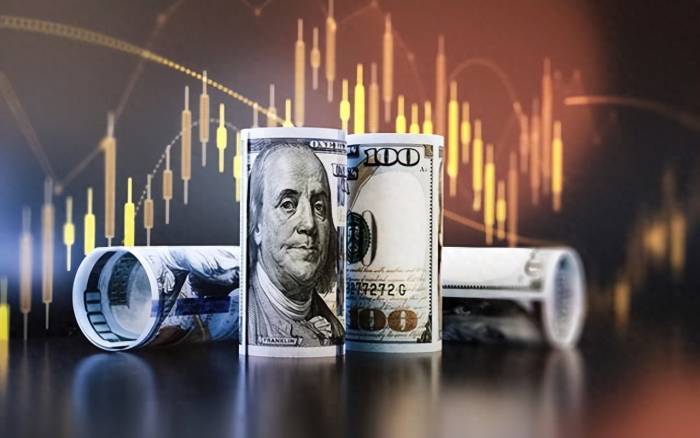
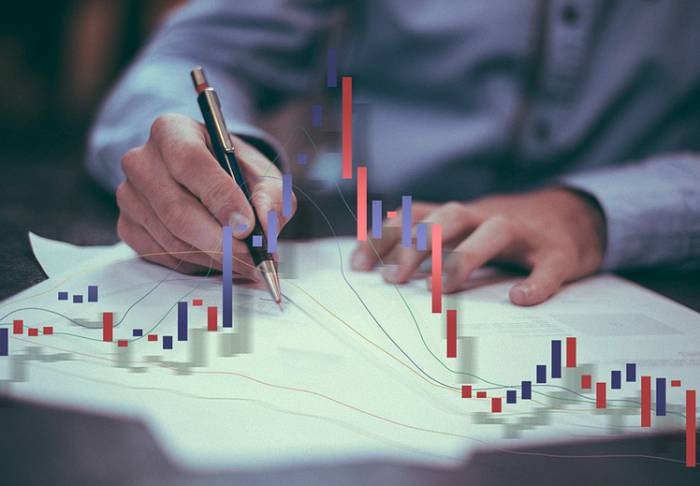
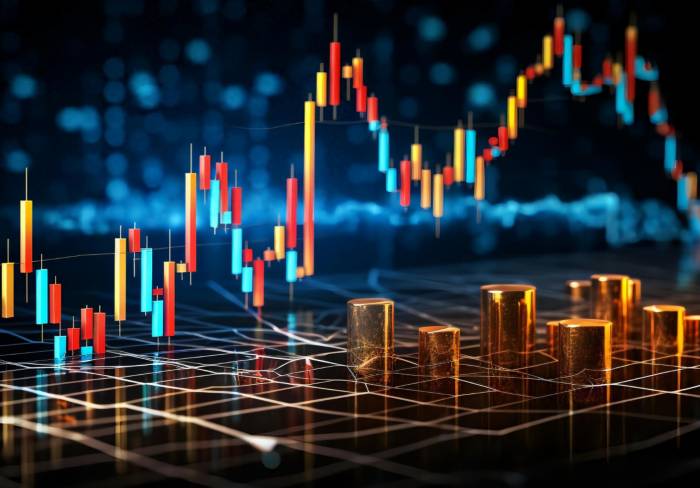
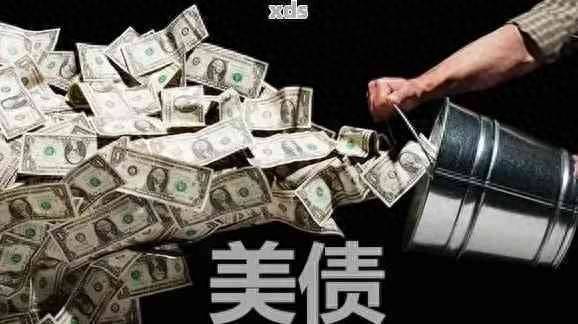

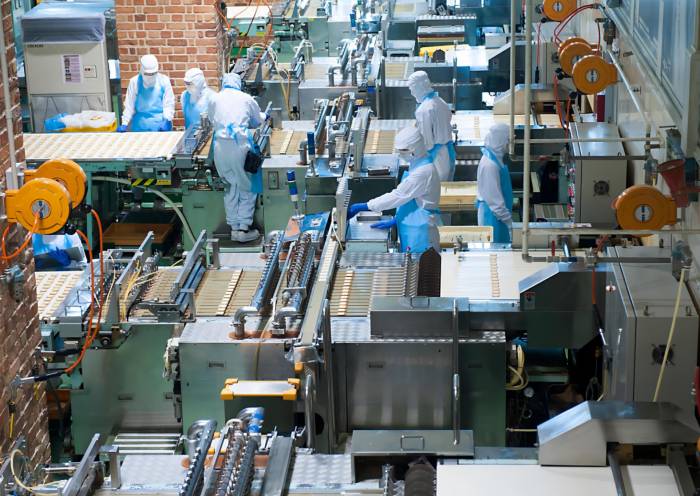
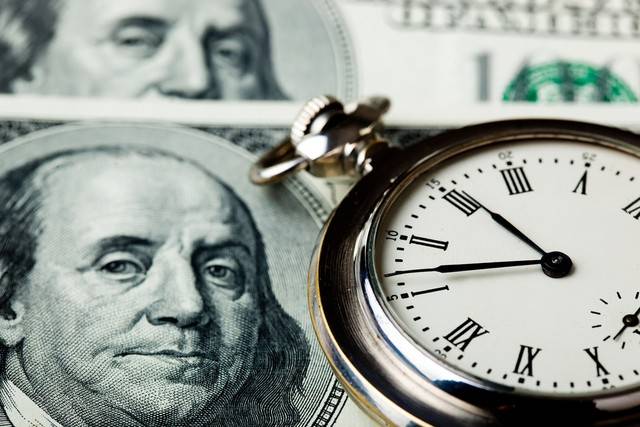



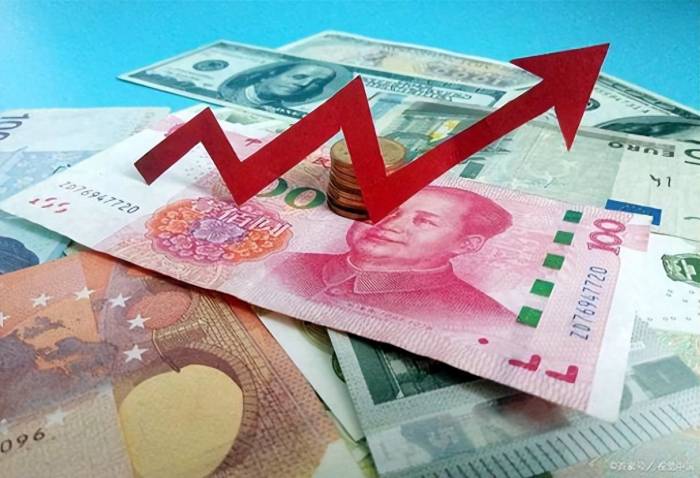


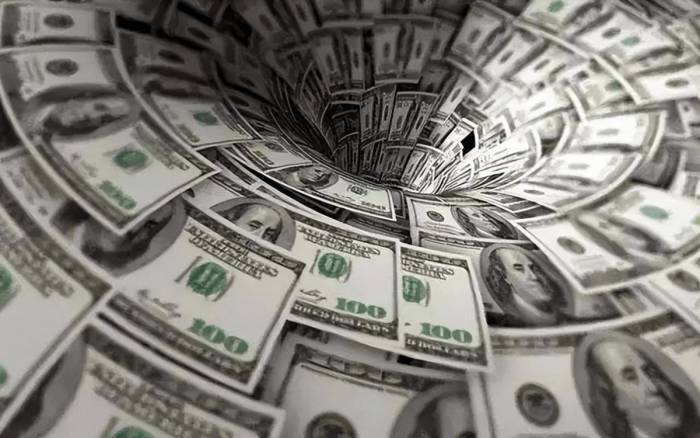
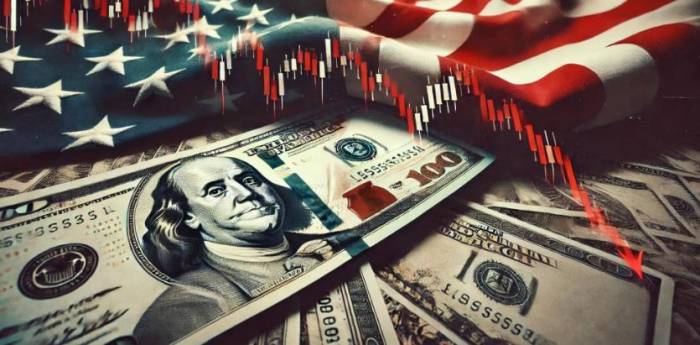
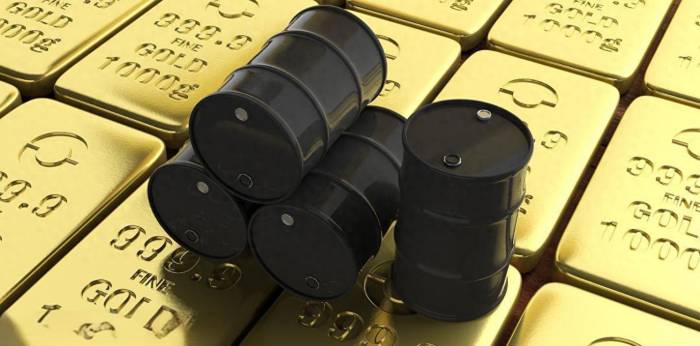
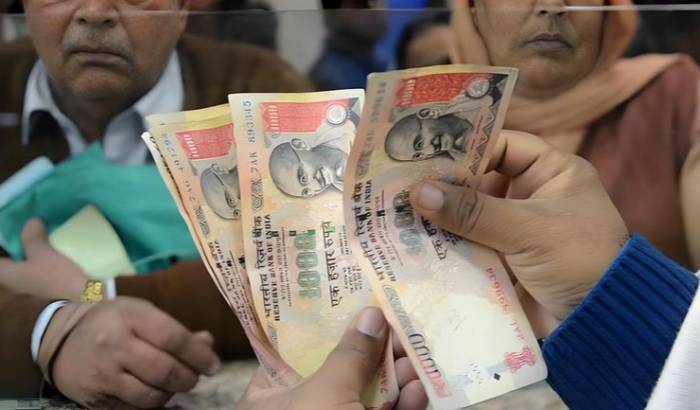
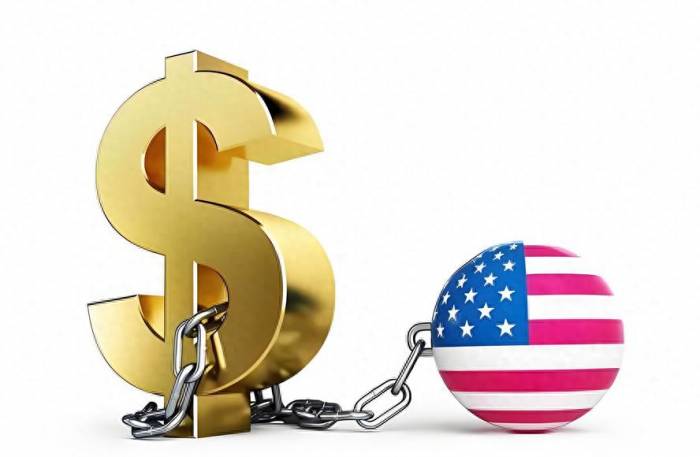


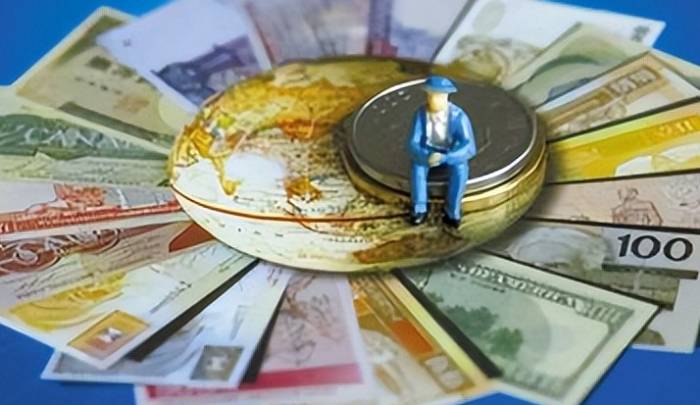
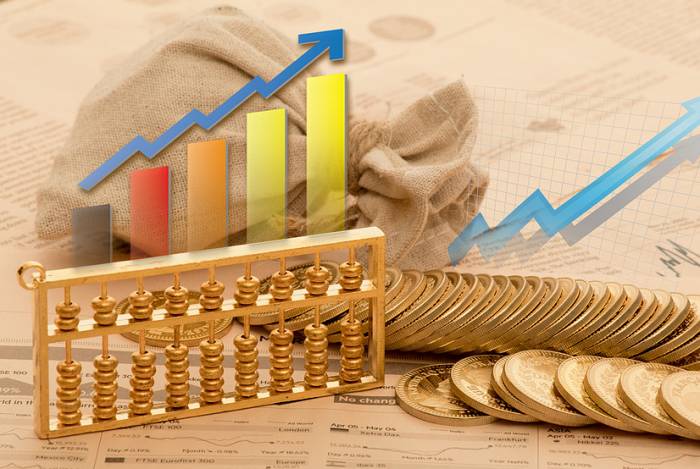
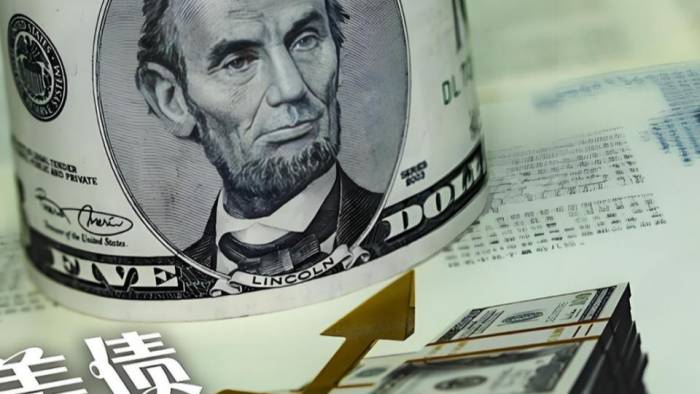
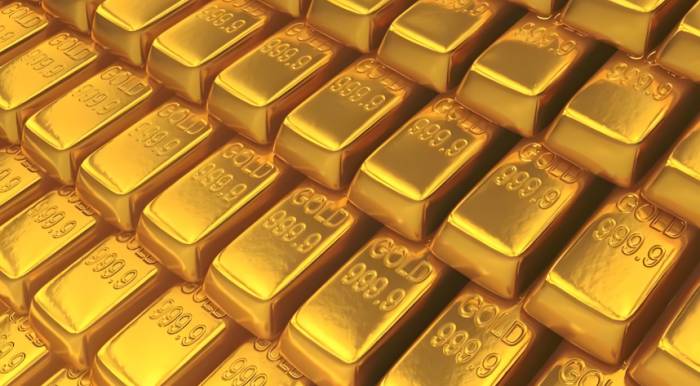




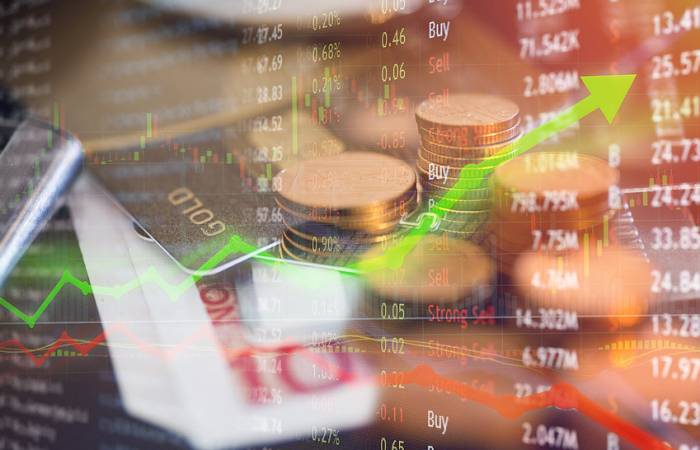
Join the Conversation